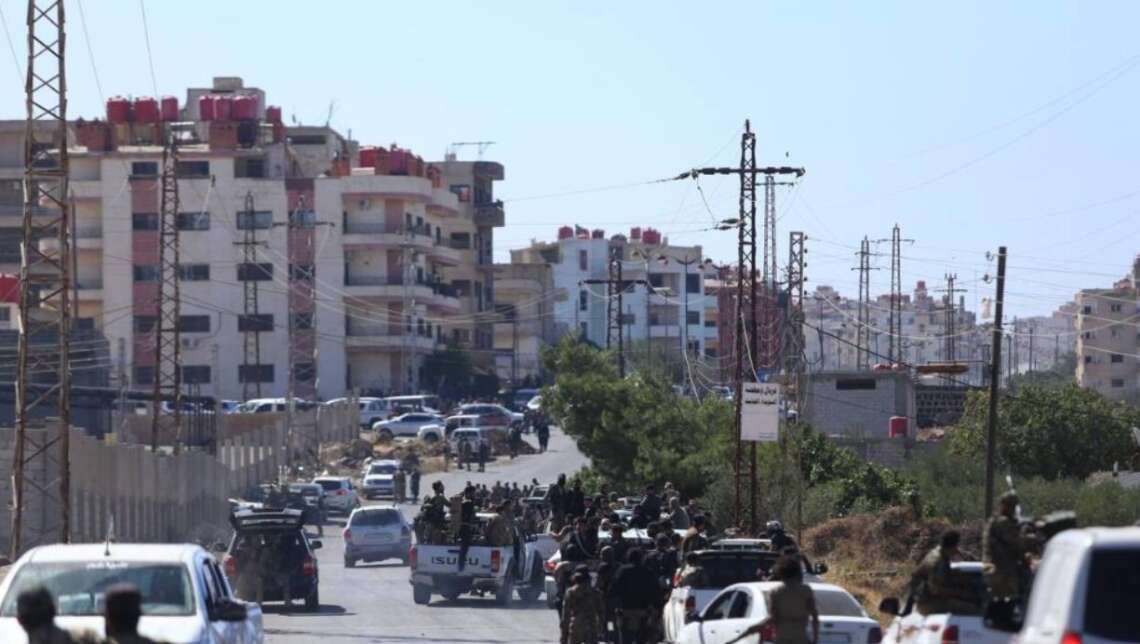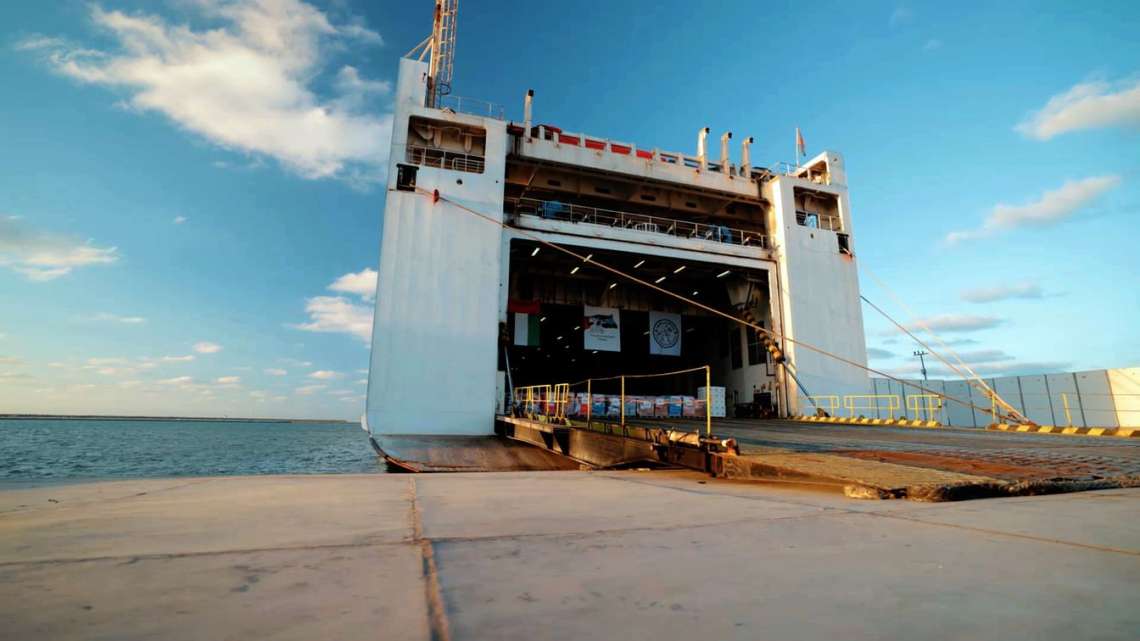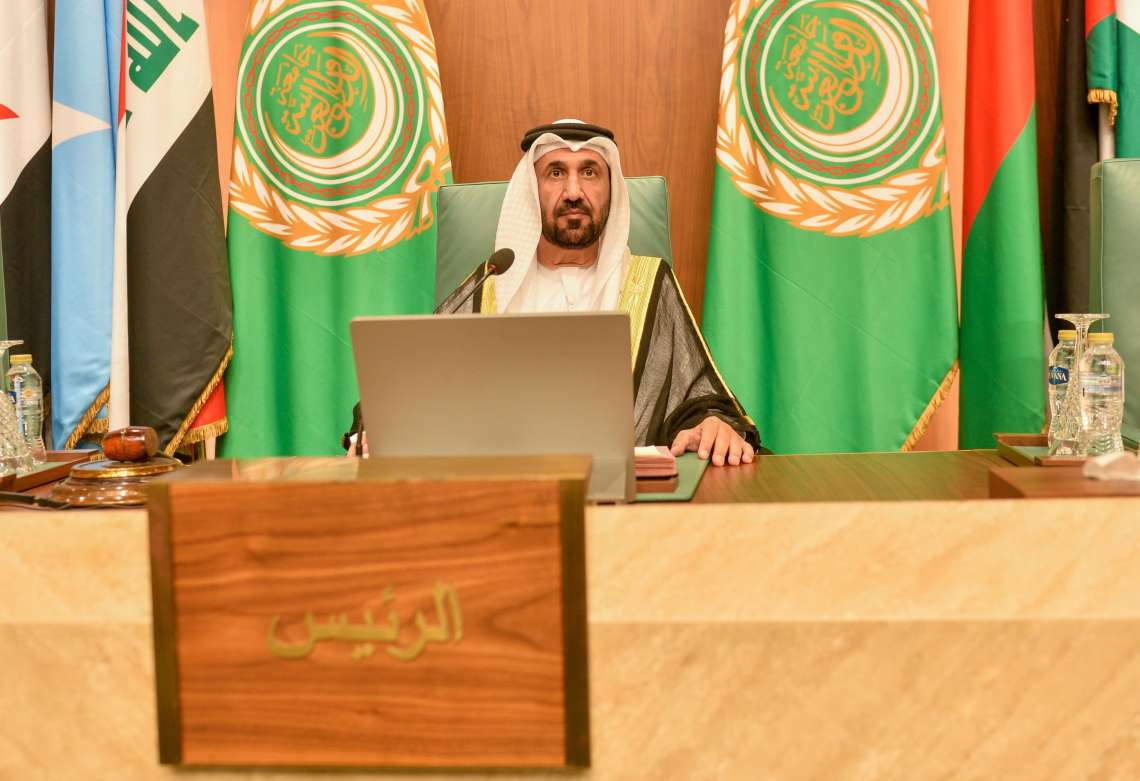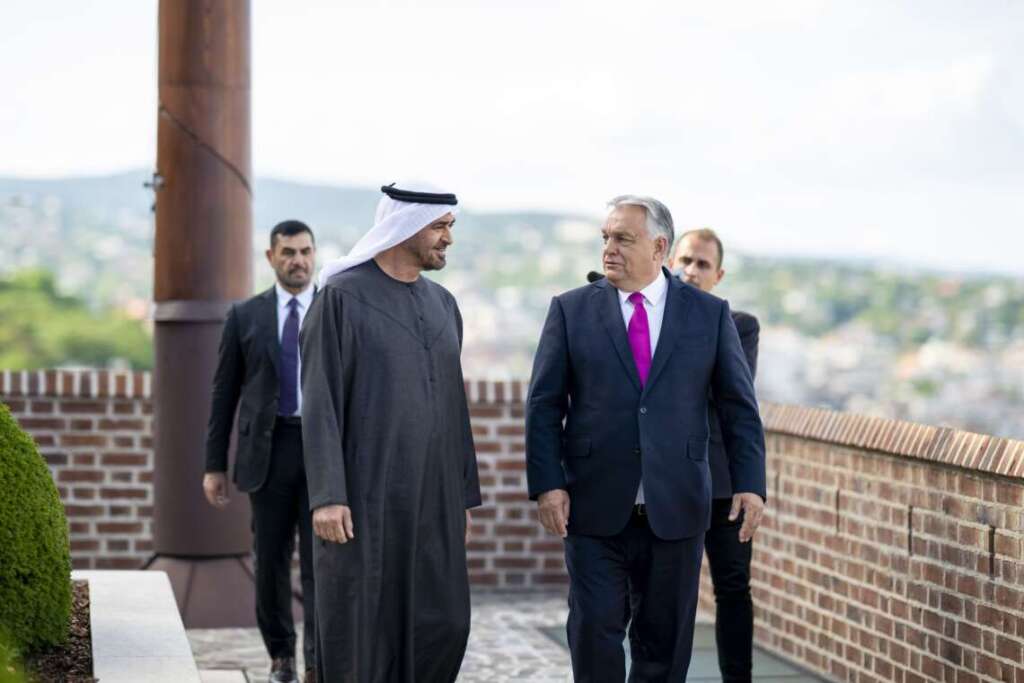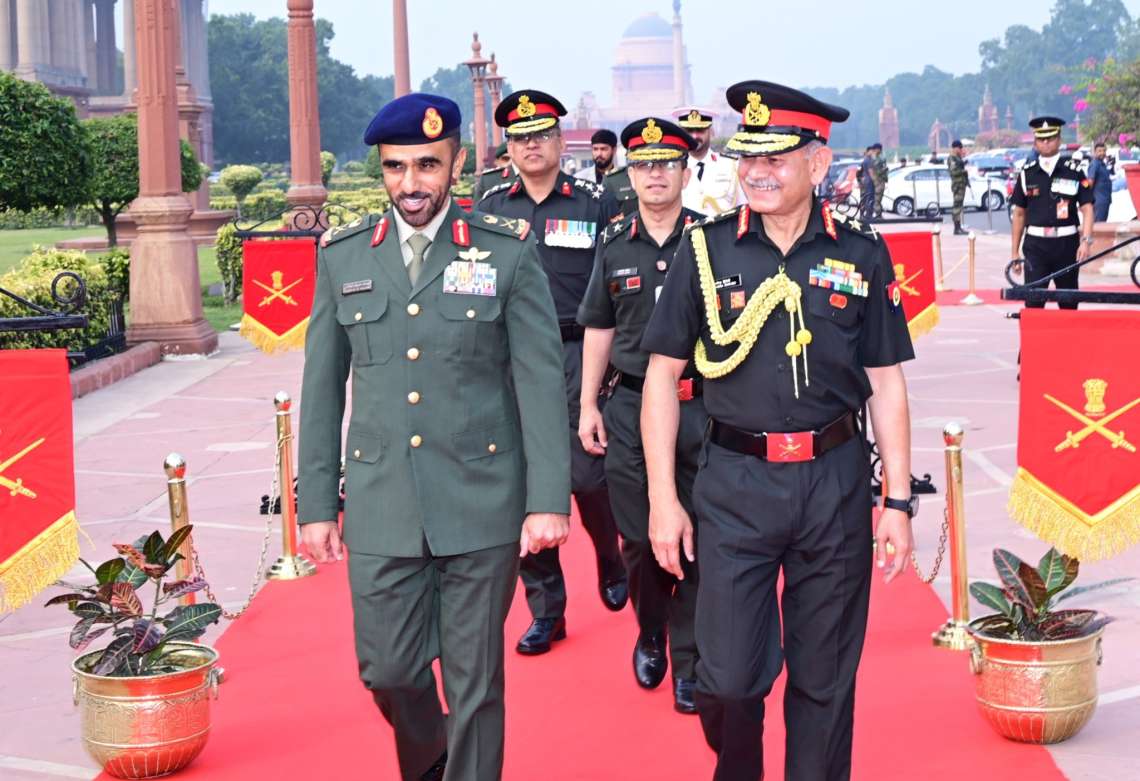Arab and allied foreign ministers issued a unified rebuke of Israel’s strikes on Syria, pledging support for Damascus, backing reconstruction, and warning that sovereignty and peace cannot be compromised by external aggression.
Foreign ministers from twelve Arab and regional powers, including the UAE, Jordan, Bahrain, Türkiye, Saudi Arabia, Iraq, Oman, Qatar, Kuwait, Lebanon, Egypt, and the Hashemite Kingdom of Jordan, held two days of intensive consultations to formulate a unified stance on Syria. Convened amidst sweeping Israeli airstrikes on Damascus and southern Suwayda, the meeting aimed to reshape regional dynamics through coordinated support for Syria’s interim government, emphasizing sovereignty, stability, and unity.
Unified support for Syria
In a robust joint statement, the ministers reaffirmed their collective commitment to Syria’s security, territorial integrity, and political cohesion. They solemnly rejected any form of foreign interference while welcoming the recently brokered agreement in Suwayda Governorate aimed at quelling sectarian conflict. Syrian President Ahmad al‑Sharaa pledged to ensure accountability for violations against civilians in the Druze-majority region—a commitment endorsed and praised by the foreign ministers.
The ministers collectively warned that delayed or incomplete implementation of the Suwayda accord risked further bloodshed, urging rapid action to uphold the rule of law and national harmony.
Strong condemnation of Israeli strikes
Highlighting sharp regional divisions, they also vehemently denounced repeated Israeli strikes on Syrian territories, branding them a “flagrant violation of international law and Syrian sovereignty.” The ministers described the attacks as deliberate acts to destabilize Syria’s reconstruction and verdant unity. They demanded an immediate end to hostilities and complete withdrawal from occupied Syrian regions, calling on the international community and the UN Security Council to hold Israel accountable under Resolution 2766 (1974 Disengagement Agreement).
The General Secretariat of the Arab League echoed this condemnation, terming the strikes “acts of aggression” that erode Arab unity and breach international norms.
Coping with domino effects
The meeting took place amid volatile conditions in Suwayda, which witnessed clashes between Druze militias, Bedouin tribes, and Syrian government forces. The Syrian Network for Human Rights reported at least 169 dead, while other estimates rose to nearly 300. Israeli strikes targeted military installations in Damascus and beyond, including the Defense Ministry and presidential palace—an effort to “demilitarise” the border region.
International reaction has been swift and forceful. The U.S. distanced itself from Israeli actions, with Secretary of State Marco Rubio calling for immediate de-escalation. Turkey, Saudi Arabia, Egypt, Jordan, and Qatar, among others, also condemned the strikes, urging withdrawal and restoration of Syria’s sovereignty.
Reconstruction and regional momentum
Beyond crisis response, ministers emphasized that Syria’s stability is essential to broader Middle East security. They pledged collective support for Syria’s rebuilding and appealed to global partners to aid infrastructural redevelopment, refugee repatriation, and economic integration.
The Riyadh conference in January 2025, which gathered EU and Arab leaders, illustrated shared global resolve to lift reconstruction barriers and sanctions to facilitate Syria’s re-entry into regional frameworks. Ministers reiterated these commitments and stressed alignment with national UN‑endorsed policies.
At the heart of their strategy lies a shared vision: inclusive national dialogue, respect for minority rights, and diligent pursuit of reconciliation. They called on the Syrian government to deepen internal consensus by involving all sections of society and fostering trust-based dialogue.
Arab League Secretary-General Ahmed Aboul Gheit emphasised the continuing need for regional solidarity and swift political resolution: “We stand in full solidarity with Syria,” he said, urging Damascus to pursue democratic reform and the fair integration of all groups.
The ministers also appealed to foreign backers—including the U.S., EU, and UN—to sustain reconstruction financing and diplomatic support to reinforce a fragile peace.
Fragile Ceasefire in Suwayda
A fragile ceasefire continues in Suwayda, thanks to Gulf-and-Turkish diplomatic efforts. Yet uncertainty remains as Druze factions debate whether to trust the interim government amid setbacks and decline in centralized enforcement capability.
Critically, the ministers urged swift implementation of the Suwayda accord, explaining that true national unity depends upon guarantees of minority rights enshrined within Syria’s future political framework.
The Arab ministers pledged to monitor developments in Suwayda closely and report to the Arab League and UN Security Council. They proposed establishing a regional mechanism to support Syria’s transition bolstered by legal frameworks, humanitarian pathways, and stabilization funding from multilateral partners.
Their united stand reflects a significant shift: Middle Eastern powers are coalescing around Syria’s restoration, suggesting a new modus vivendi—one that positions Syria at the centre of normalized regional engagement.
As Israeli-Syrian tensions escalate, the coordination among Arab foreign ministers signals a decisive regional recalibration—one that places sovereignty, reconstruction, and internal stability at the forefront. With international condemnation and regional backing, Syria’s interim government is gaining a critical lifeline as it navigates a fragile peace, internally and externally.

